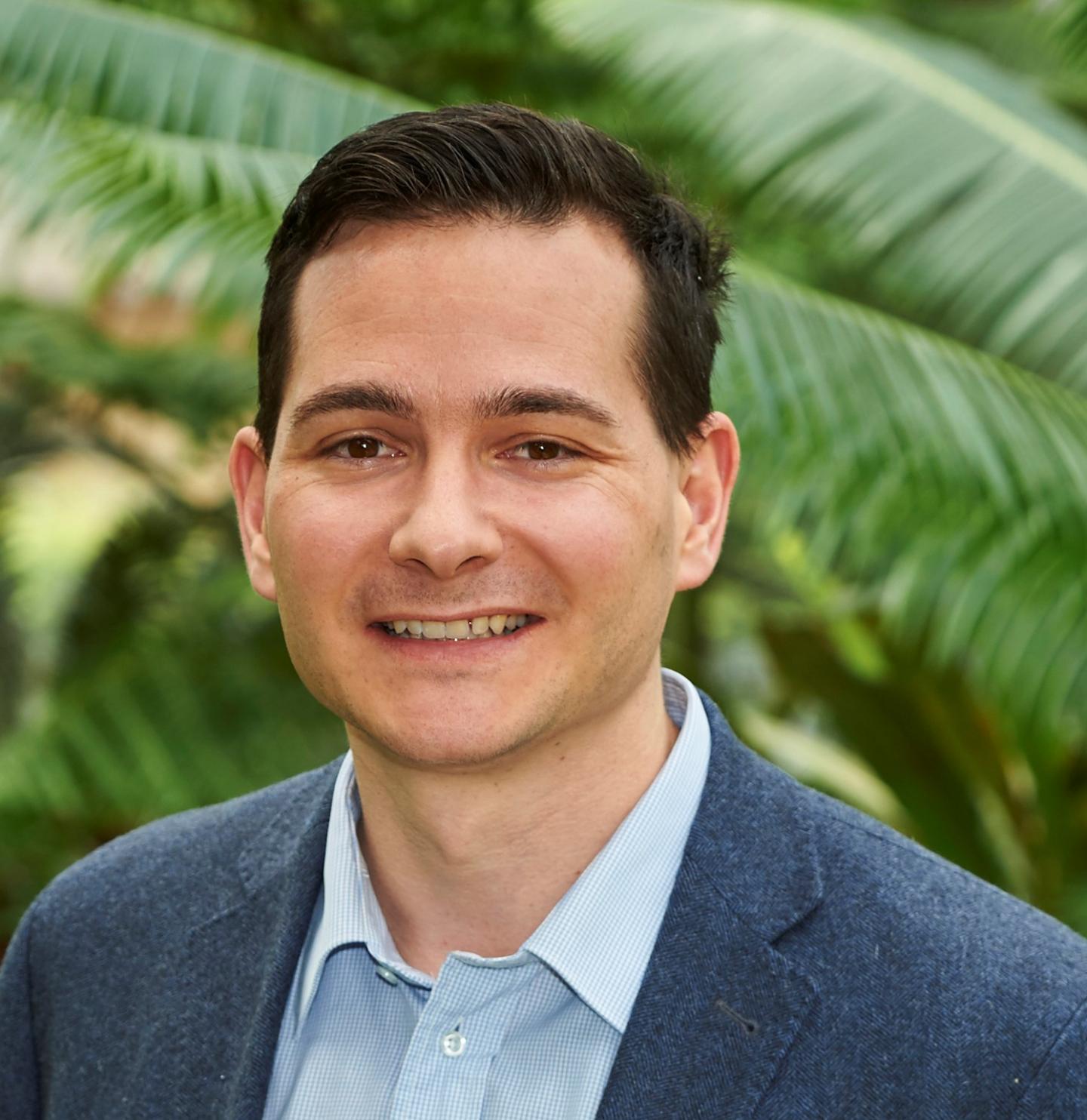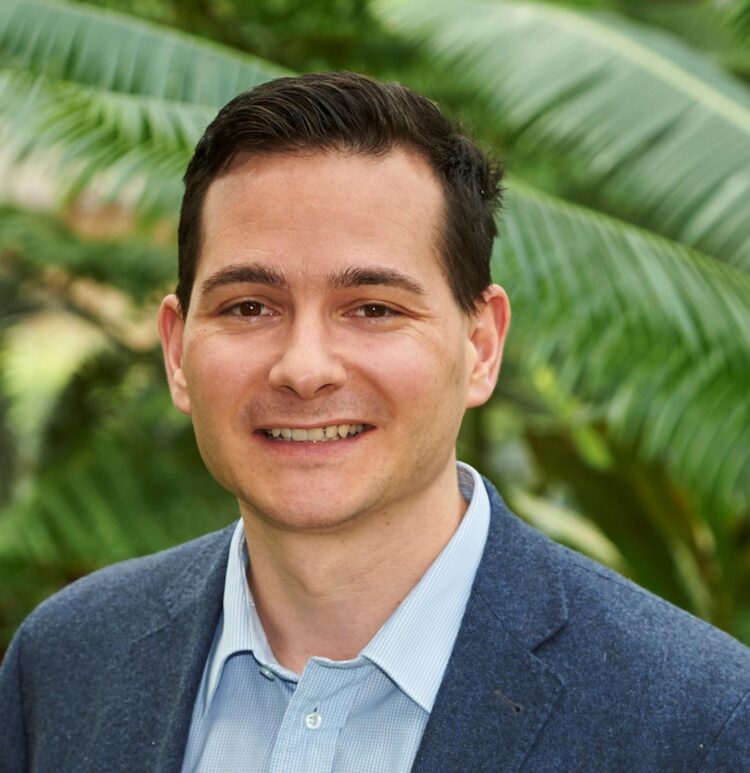EU funding for research into materials with both artificial and lifelike properties

Credit: photo/©: private
Artificially created smart, intelligent materials with properties characteristic of life – this is the aim of Professor Andreas Walther’s research at Johannes Gutenberg-University Mainz (JGU), for which the chemist is now receiving EUR 2 million in EU funding. Walther plans to produce mechanical materials equipped with the ability to adapt, learn, and interact. The long-term goal is to generate a form of coevolution between synthetic materials and living cells, which would blur the boundaries between animate and inanimate matter. The European Research Council (ERC) has awarded Professor Andreas Walther an ERC Consolidator Grant, one of the most richly endowed EU funding awards given to top-level researchers, for his Metabolic Mechanical Materials: Adaptation, Learning & Interactivity (M3ALI) project. Walther joined Mainz University in October 2020 from the University of Freiburg.
Providing mechanical materials with the ability to adapt, learn, and interact
Plastics have been industrially manufactured for over 100 years and are now present in all areas of our lives. “Plastics, or more generally, materials with a polymer structure have shaped and improved human life over the past century. Today, there are polymers that change in response to external stimuli and developments inspired by the world of biology with innovative functions and properties,” explained Walther. However, these materials are far less complex and dynamic than living, self-organizing systems. “If we were able to endow synthetic materials with the qualities of living organisms, we could transform these otherwise static substances into dynamic, truly intelligent, and fully interactive material systems.”
Against this background, the central goal of the M3ALI project is to incorporate concepts for adaptation, for simple learning through training, and for interaction into polymer materials. The materials would be able to interact with living cells so that a kind of language could evolve that would enable matter and cells to communicate – with the result that they could influence each other and jointly develop.
According to Walther, for the generation of materials with lifelike properties with adaptive behavior it is important to incorporate memory functions, so that a material remembers its past and aligns its future behavior accordingly. In addition, pathways for signal processing must be devised and forms of communication established to translate different types of signals – in chemical, physical, and mechanical forms.
These intelligent materials are to be created using DNA-based hydrogels. “I will try to link various research areas together in the M3ALI project and combine what we have achieved to date. The new direction we are taking involves metabolic-mechanical materials that can be trained, that learn and adapt, and show interactive behavior in systems,” said Professor Andreas Walther, summarizing the work ahead. Possible applications could be tissue cultures that could be used to create artificial tissue structures or even trainable, self-learning materials, such as artificial muscles.
ERC funding for most groundbreaking research approaches
Andreas Walther was born in 1980 and studied at the University of Bayreuth, where he received a doctorate in chemistry in 2008 for his thesis on self-organized materials. As a postdoc, he studied biomimetic hybrid materials at Aalto University in Helsinki in Finland. In 2011, Walther returned to Germany and established a research group at the DWI Leibniz Institute for Interactive Materials in Aachen. In 2016, he was appointed to a position in Freiburg and until September 2020 worked as a professor at the Institute of Macromolecular Chemistry at the University of Freiburg, at the Freiburg Materials Research Center (FMF), and as deputy director at the Freiburg Center for Interactive Materials and Bioinspired Technologies (FIT). He was a senior research fellow at the Freiburg Institute for Advanced Studies and the Strasbourg Institute for Advanced Study, and also coordinated the joint French-German Polymer Science program. He is also one of the founders of the Freiburg Cluster of Excellence “Living, Adaptive and Energy-autonomous Materials Systems” (livMatS), in which he will continue to be involved as an associate researcher. In October 2020, Walther was appointed Professor of Macromolecular Chemistry at Johannes Gutenberg University Mainz. He is also a fellow of the Gutenberg Research College at JGU.
The ERC Consolidator Grant is one of the most richly endowed EU funding awards given to individual researchers The European Research Council uses these grants to support outstanding researchers, usually within seven to twelve years of completing their doctorate. In order to receive the grant, applicants must not only demonstrate excellence in research, but also provide evidence of the pioneering nature of their project and its feasibility. The funding period is five years.
###
Media Contact
Professor Dr. Andreas Walther
[email protected]
Original Source
https:/





